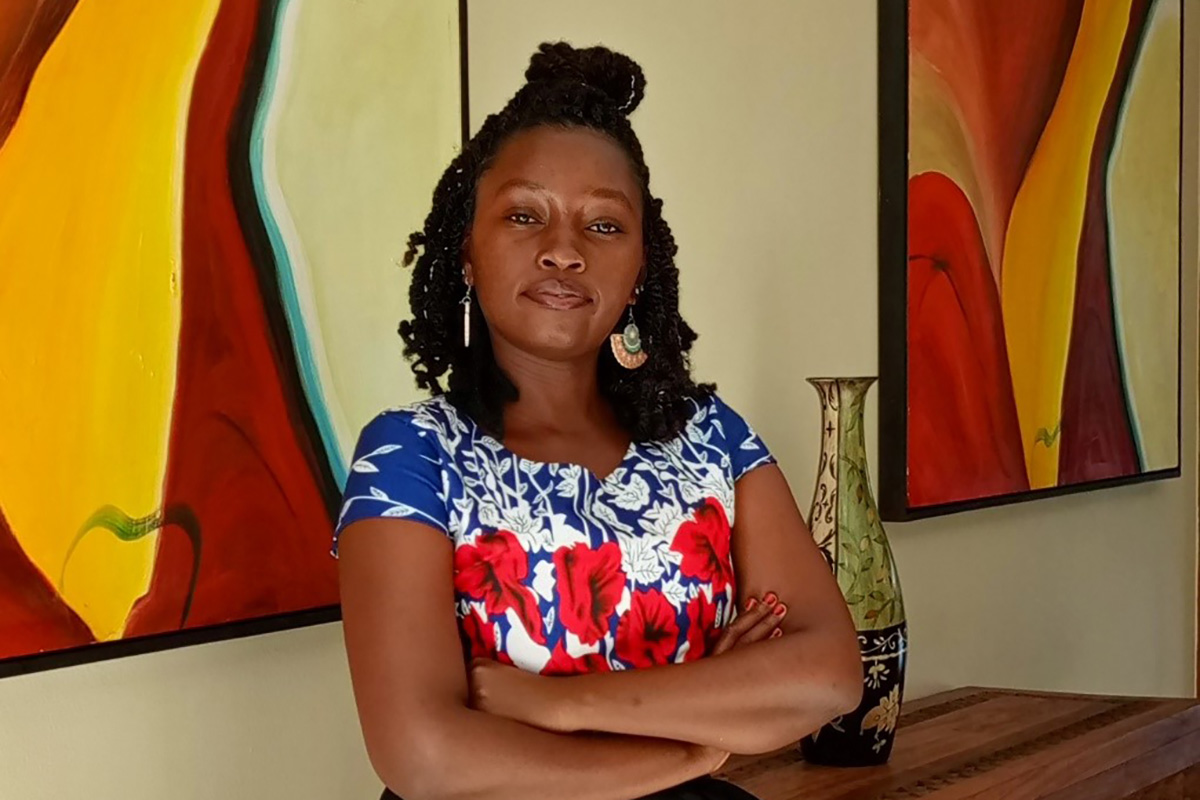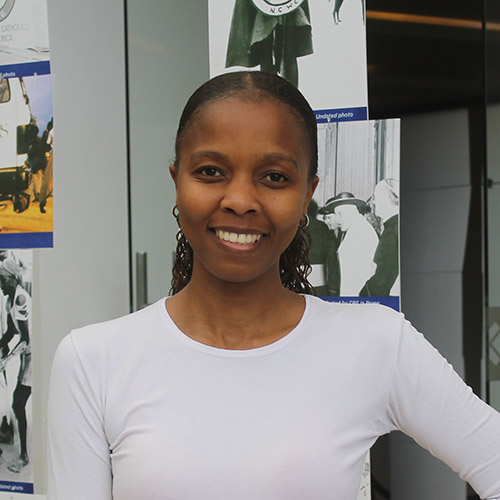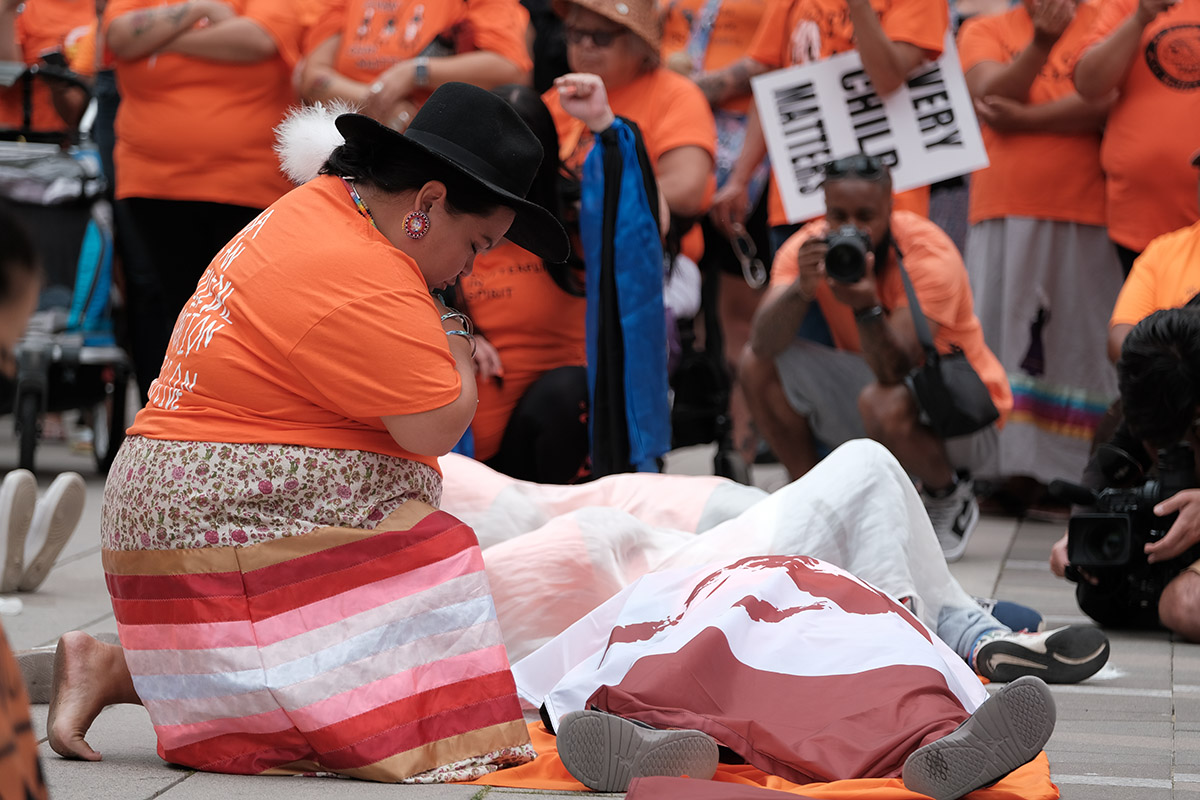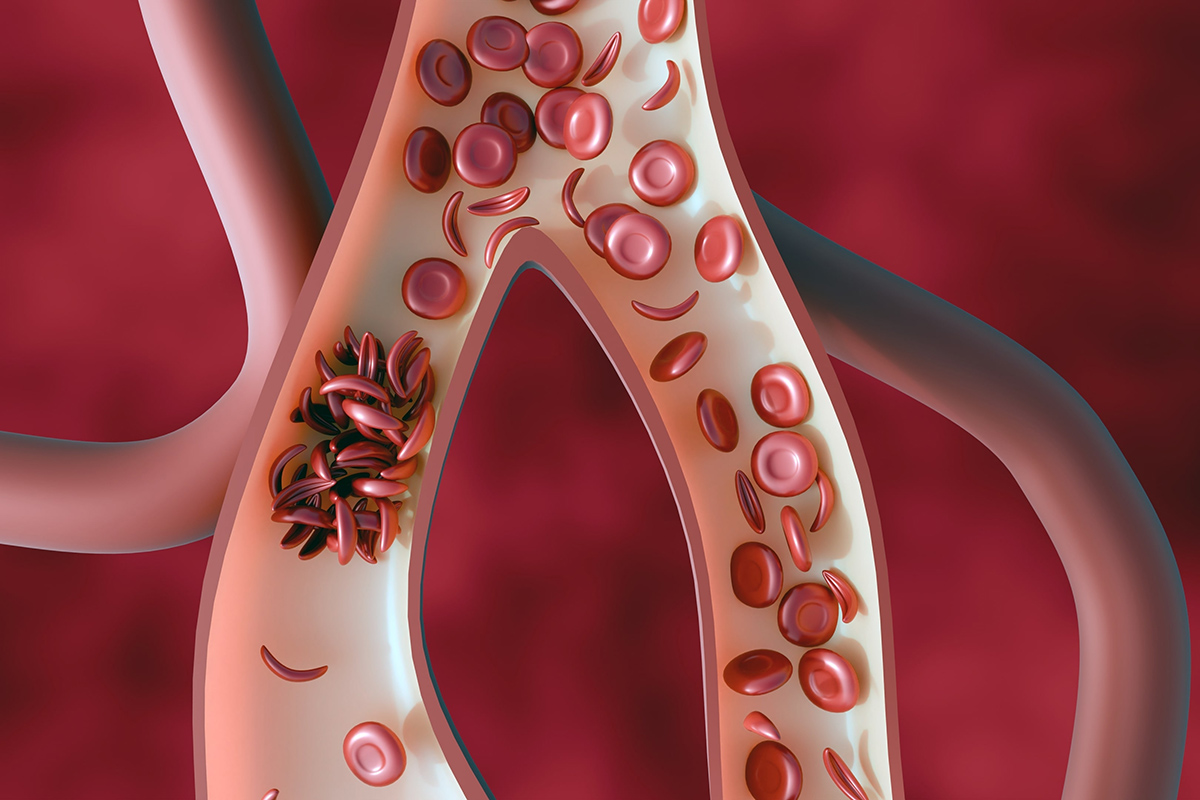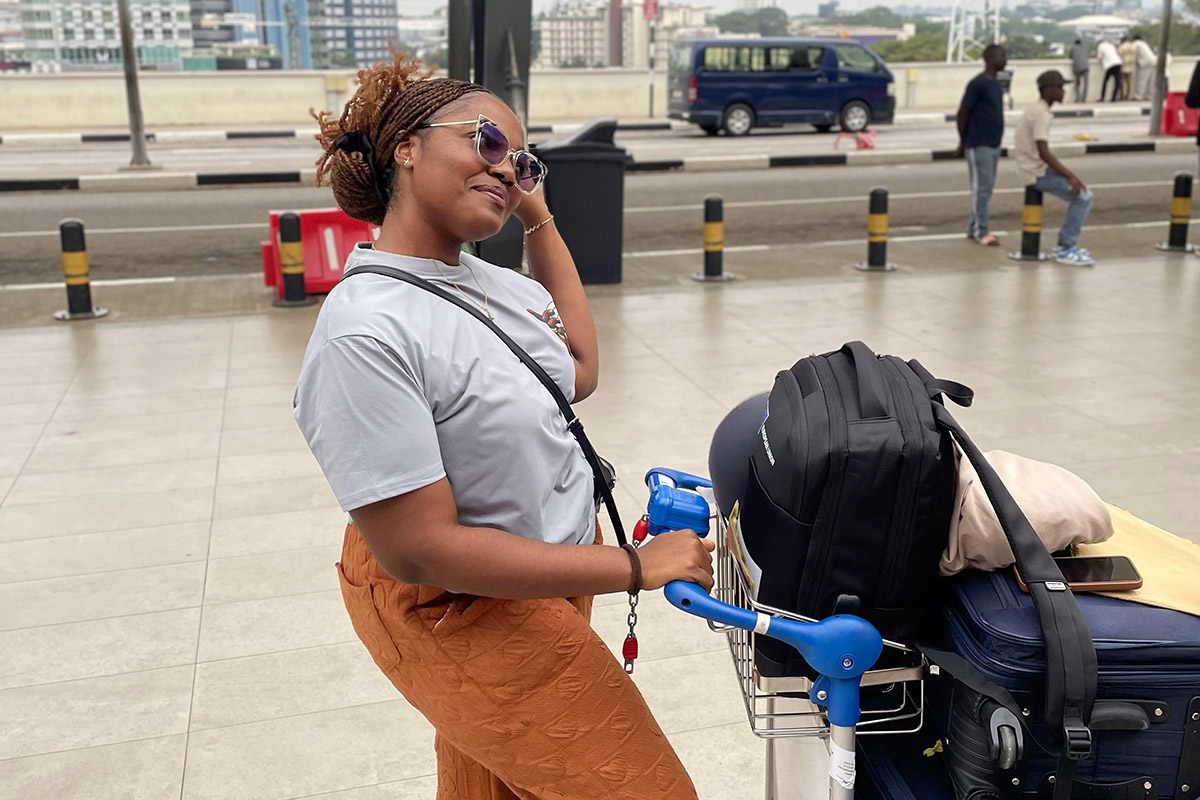Creating and maintaining discourse essential in the cancer fight
November 19by Joyce Wachau Chege
Photo credits: Evelyne Mumo
October, which is globally recognized as Breast Cancer Awareness month, had as this year’s theme: ‘No one should face breast cancer alone’, which recognizes the monumental levels of support required for anyone undergoing cancer treatment.
In Kenya, many women complain about being unable to finance their cancer treatment especially since the National Health Insurance Fund (NHIF)transitioned to Social Health Authority (SHA); this is but one of the many challenges that cancer patients face.
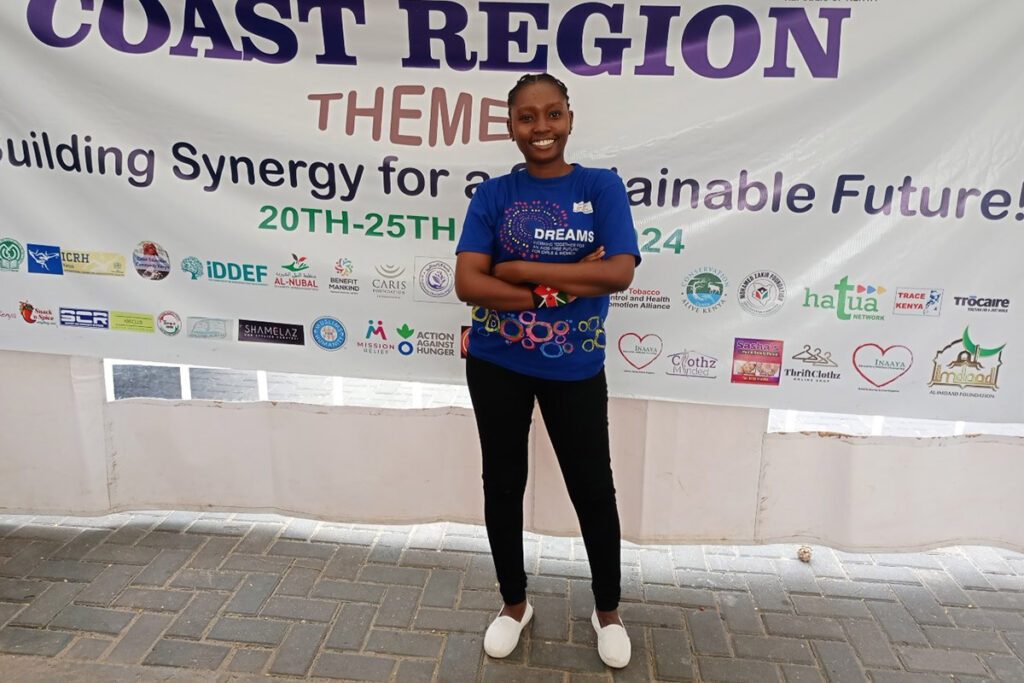
“Low awareness on the importance of HPV vaccines and regular screenings as well as social stigma around cancer has discouraged women from seeking early diagnosis and treatment, especially in communities where cervical cancer and related health issues are taboo,” says Evelyne Mumo, a youth champion and Program Associate at Network for Adolescent and Youth of Africa (NAYA).
The best way to be able to fight any disease, is by creating awareness so that people can take steps to reduce their risk, before the disease takes root. Education is and has always been the key. If you happen to ask anyone what they know about cancer, often euphemized as the big C, their answers revolve around “cancer kills”; “cancer is now more dangerous than HIV/AIDS”; “only women are prone to cancer” and so on.
The discourse around cancer helps to break down the myths as well as encourage people to seek the necessary treatment and obtain accurate information on what to do. As mentioned previously, the myths have crowded the clear perspective of people at large. Demystifying the built-up notions by creating awareness, explaining the seriousness of cancer, researching more and sparing time to listen to experts and those who suffered from it, helps one to learn how to handle it. Fostering such approaches will eventually create an understanding and instill resilience.
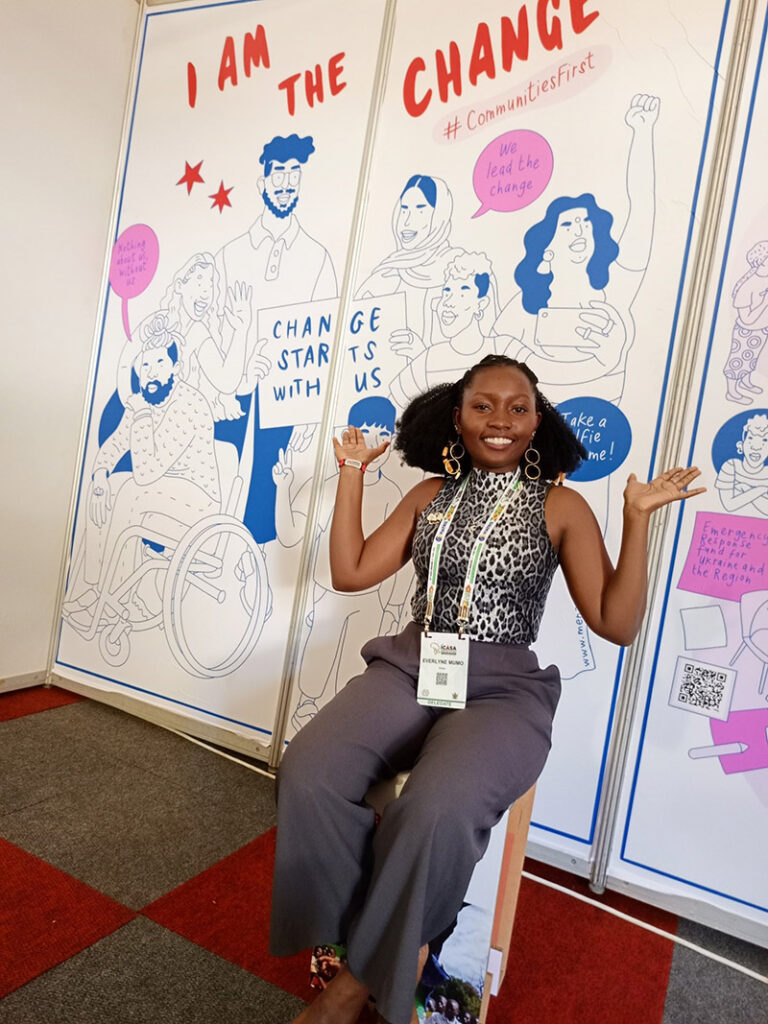
Cancer treatment is expensive. As an individual, sadly enough, I cannot count the number of WhatsApp groups I have been in to help raise funds for a friend whose parents or relatives are unfortunately battling cancer. The financial burden that falls on anyone caring for a cancer patient is hard. Most hospitals lack sufficient facilities and drugs to be able to help cancer patients.
“There are few public cancer care treatment facilities. Within Coast, you see women coming all the way from Lamu, Kilifi, Malindi to the Coast General Referral Hospital and sometimes must find a place to sleep because the facility might be too overburdened with patients, that they have to wait till the next day to be treated. I believe the financial burden of cancer treatment weighs heavily on the patient and their family. Especially those from low-income families, the high cost of treatment with health insurance being inadequate, especially now with our confusing health system, most women are forced to rely on their out-of-pocket,” said Mumo.
She and other youths in Mombasa, Likoni Sub-County have formed the “Thrive Together Foundation” and “Youth for a Better Future” Community Based Organizations to carry out advocacy and awareness, with key thematic areas being Sexual and Reproductive Health, Mental health, Climate Change and HIV Prevention.
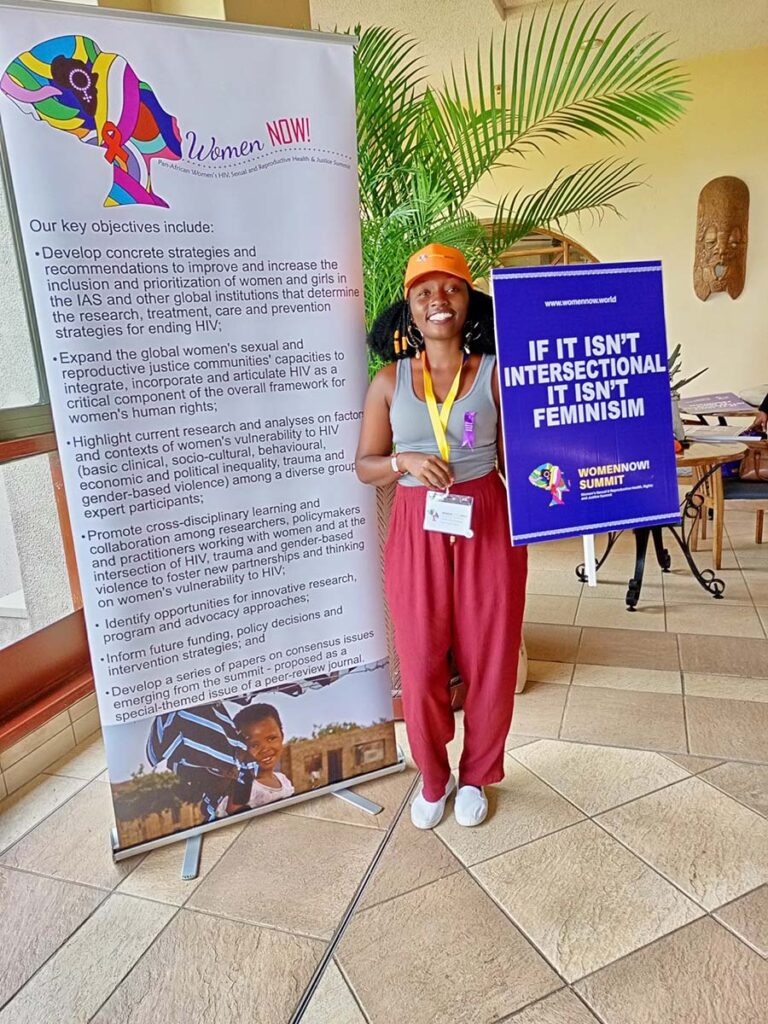
“Encouraging young women to take control of their health and be proactive about preventive care, including getting vaccinated and screened, is an empowering message that builds confidence in managing their well-being and access to treatment and support. These conversations on cervical cancer awareness like Sexual and Reproductive Health and Rights (SRHR) on platforms like NAYA’s X Space, foster an environment where women and girls can feel informed, supported, and empowered to take preventive health steps’ she stated.
Cancer is not going anywhere anytime soon. We need to keep the conversations going like clockwork. Speaking up about it, investing in research and facilities, spreading awareness across the board, putting effective policies in place, so that people are able to access treatment, and most of all, standing and offering support to those battling cancer to let them know that they have shoulders to lean on.
